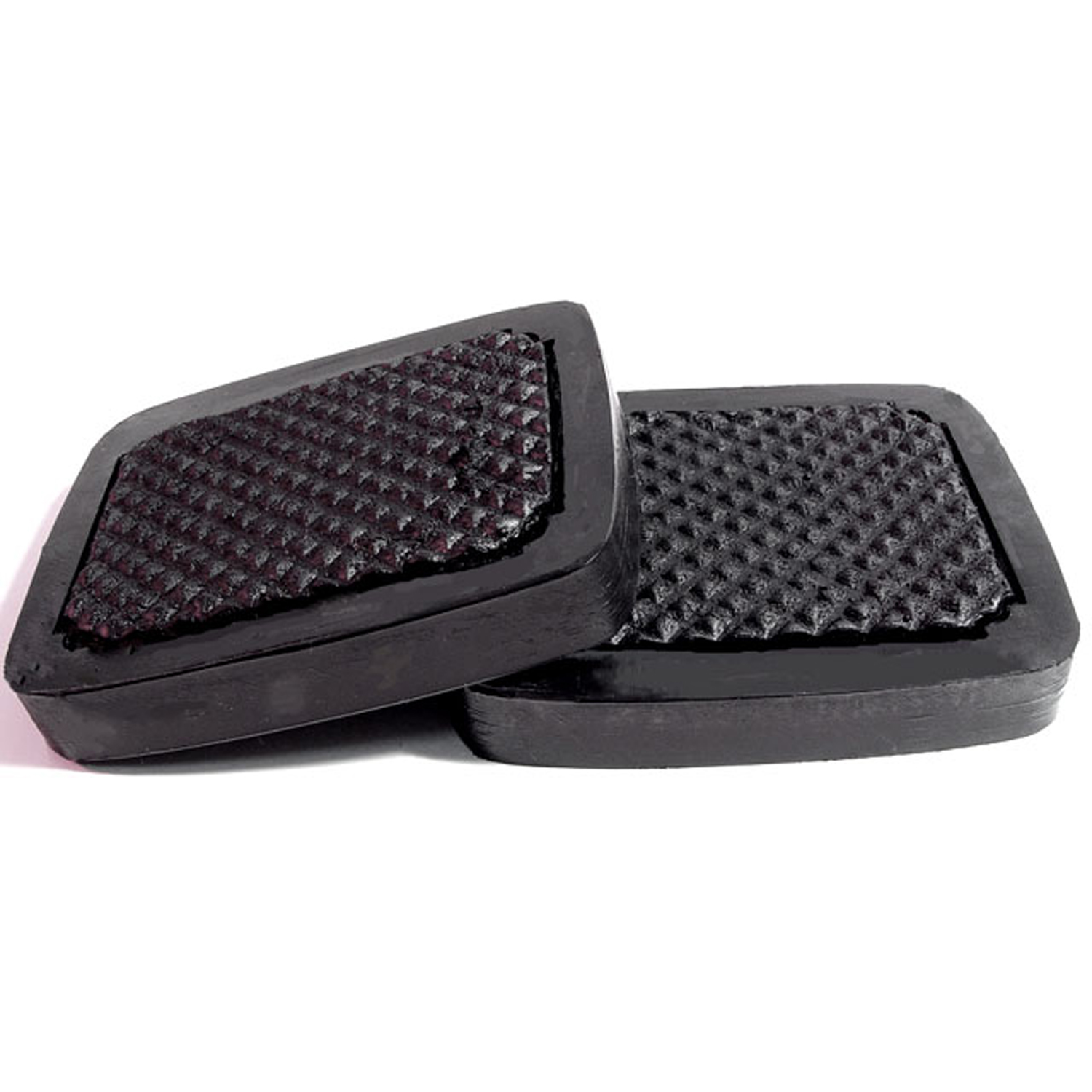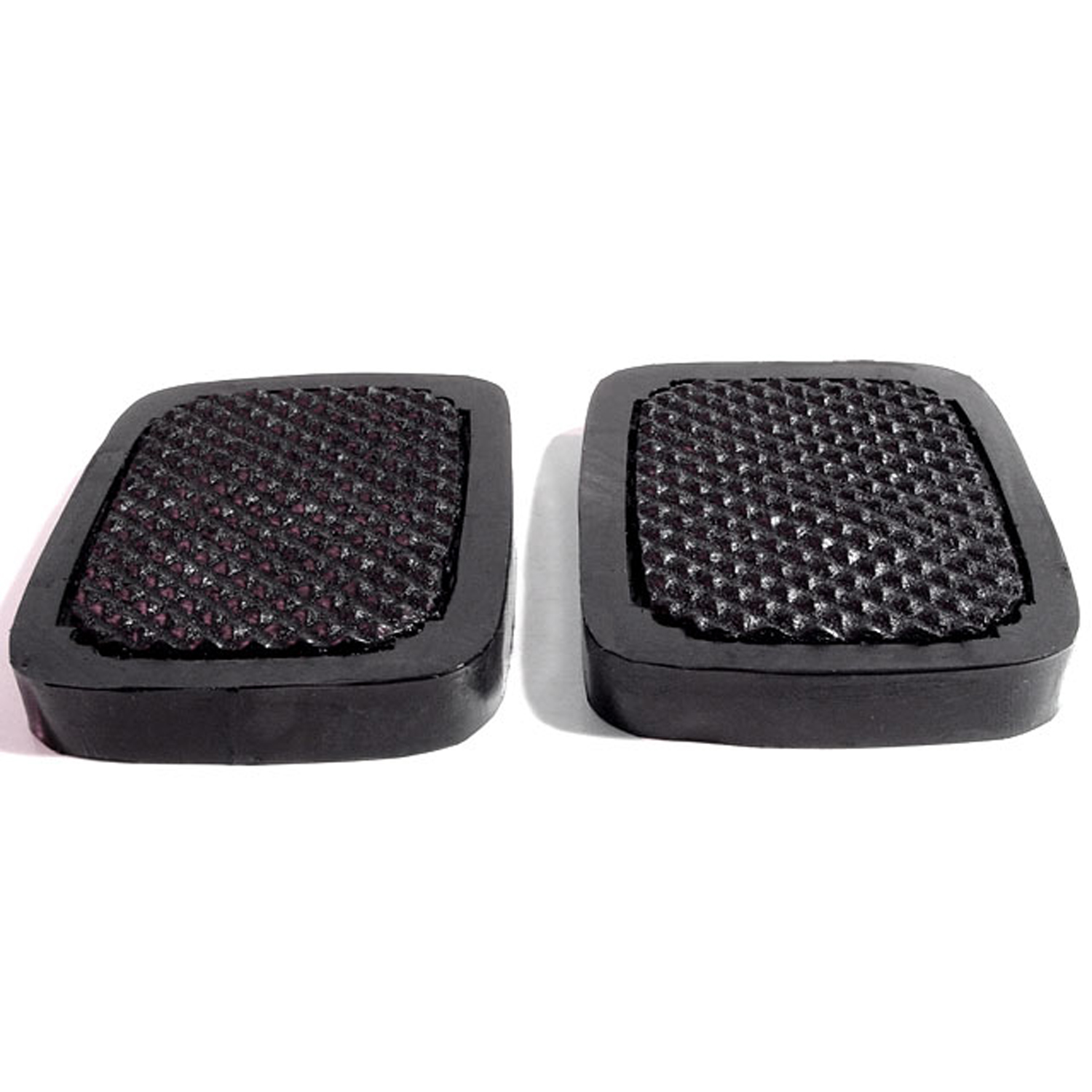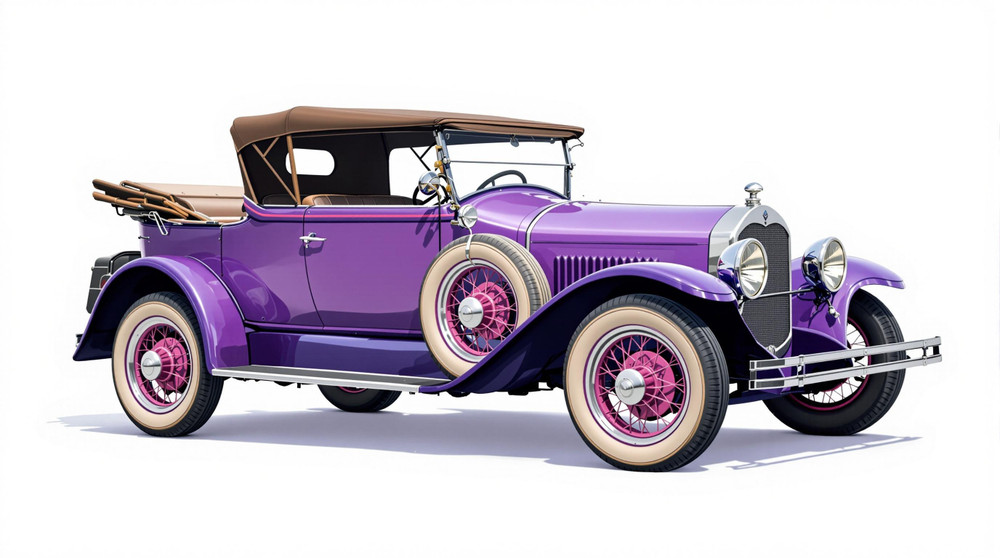Image of 1923 Buick Series 50, Note: These illustrations use artistic license and may differ from actual historical models.
Performance Metrics
Fundamental Metrics
Emotional Appeal
MMP Rating
| Engine Specifications | |
|---|---|
| Engine Options: | 242 cu in (4.0 L) OHV I6 |
| Displacement Range: | 242 cubic inches |
| Horsepower Range: | Estimated 50-60 hp |
| Torque: | Not available |
| Compression Ratio: | Not available |
| Ignition System: | Battery and coil |
| Cooling System: | Water-cooled |
| Performance Specifications | |
| 0-60 Time: | Not available |
| 1/4 Mile Time: | Not available |
| Top Speed: | 50 mph |
| Transmission and Drive | |
| Drive Type: | Rear-wheel drive |
| Transmission Type: | 3-speed manual |
| Fuel and Efficiency | |
| Fuel System Type: | Carburetor |
| MPG: | Not available |
| Dimensions and Brakes | |
| Brakes: | Mechanical drum brakes |
| Wheelbase: | 120 inches |
| Weight: | 2,800 lbs |
Note: Specifications for classic cars are given to the best of our ability, considering the limited and variant data available.
Unveiling the 1923 Buick Series 50: A Testament to Early Automotive Excellence
The 1923 Buick Series 50 stands as a monument to the ingenuity and craftsmanship of early 20th-century American automotive design. Born from the assembly lines of the Buick Motor Company, this classic car emerged during a transformative era in the automotive industry. As one of the venerable brands under General Motors, Buick was known for its luxury and innovation, and the Series 50 was no exception. With its robust six-cylinder engine and elegant styling, it captured the hearts of a post-World War I society eager for progress. A unique fact that car enthusiasts may find fascinating is that the Series 50 was part of Buick's transition into a new age of automotive engineering, setting a standard for performance and comfort.
Design and Innovation: The Artistry of the Series 50
The exterior of the 1923 Buick Series 50 was a harmonious blend of form and function, with sweeping fenders and a bold radiator grille that commanded attention. The vehicle's silhouette exuded confidence, while finer details like nickel trimmings and wooden-spoke wheels added touches of sophistication. Inside, passengers were treated to an interior that showcased high-quality materials such as leather upholstery and polished wood accents. Technologically, the Series 50 was ahead of its time, featuring an overhead valve inline-six engine—a marvel that provided smoother operation than many contemporaries' flathead engines. Color options were limited compared to modern standards, but they included rich hues that complemented the car's luxurious nature. Among these, deep blues and blacks were particularly popular. Body styles varied, with options such as touring cars, roadsters, sedans, and coupes. The four-door touring body style stood out as an iconic choice for families and businesses alike due to its practicality and elegance.
Historical Significance: The Legacy of the Series 50
The 1923 Buick Series 50 not only represented a pinnacle in early automotive luxury but also played a pivotal role in shaping future design philosophies. Its emphasis on power combined with comfort set it apart from other vehicles of its era and influenced subsequent generations of automobiles. The Series 50's lasting influence can be seen in the prioritization of passenger experience and performance in today's car culture.
Performance and Handling: The Driving Force Behind the Wheel
Performance-wise, the Series 50's six-cylinder engine allowed it to reach commendable top speeds for its time—though not comparable to modern sports cars—and provided sufficient acceleration for everyday driving needs. Handling was characterized by a sense of stability and control, despite the lack of power steering or advanced suspension systems found in later models. Driving a 1923 Buick Series 50 was an immersive experience; from the distinctive hum of its engine to the tactile feedback through its thin steering wheel, drivers felt intimately connected to both machine and road.
Ownership Experience: Relishing in Nostalgic Luxury
Owners of the 1923 Buick Series 50 typically reveled in its dual role as both a reliable daily driver and a show-stopping classic at automobile exhibitions. Maintenance required a hands-on approach given its age but was manageable for those familiar with vintage car care. Reliability was a hallmark of Buick engineering, ensuring that these vehicles could still be enjoyed decades after their manufacture.
Fun Facts: The Intriguing Anecdotes Behind the Series 50
The Series 50 has been associated with various interesting tidbits throughout history; for instance, some models have been found in prestigious collections or previously owned by celebrities. While not known for breaking speed records, it held its own in terms of sales success during its heyday. Criticisms were few but often pointed towards fuel efficiency—a common trait among vehicles of that period.
Collector's Information: Assessing Value and Rarity
Today, collectors might find that procuring a well-preserved 1923 Buick Series 50 is quite challenging due to its rarity; estimates suggest that thousands were produced but only a fraction have survived to this day. As with many classic cars, values fluctuate based on condition and originality; however, one might expect to see prices ranging significantly depending on these factors—with particularly pristine examples fetching higher sums.
Conclusion: Celebrating an Automotive Icon
In summary, the 1923 Buick Series 50 is more than just an antique; it is a symbol of innovation from an era where every new car promised dreams of freedom and adventure. Its legacy endures in every purr of its engine and gleam on its chrome—a true testament to early automotive excellence.
1923 Buick Series 50 Catalog of Parts
 1923 Buick Series 50 Clutch and Brake Pedal Pads. 2-3/4" wide X 3-3/8" long-CB 12Clutch and Brake Pedal Pads. 2-3/4" wide X 3-3/8" long. Pair
1923 Buick Series 50 Clutch and Brake Pedal Pads. 2-3/4" wide X 3-3/8" long-CB 12Clutch and Brake Pedal Pads. 2-3/4" wide X 3-3/8" long. Pair 1923 Buick Series 50 Clutch and Brake Pedal Pads. 2-3/4" wide X 3-3/4" long-CB 13Clutch and Brake Pedal Pads. 2-3/4" wide X 3-3/4" long. Pair
1923 Buick Series 50 Clutch and Brake Pedal Pads. 2-3/4" wide X 3-3/4" long-CB 13Clutch and Brake Pedal Pads. 2-3/4" wide X 3-3/4" long. PairWhy Choose Metro?
For over 100 years, Metro Moulded Parts has been the pinnacle of quality in classic car restoration parts. Our commitment to precision and authenticity in every component ensures a perfect fit and an OEM-level appearance.
- Expert Craftsmanship & Quality: Each part is a testament to our dedication to reliability and perfection, crafted from original designs and thoroughly tested.
- Advanced Technology: We use cutting-edge techniques to create flawless, long-lasting parts that surpass others in performance.
- SuperSoft Sponge – The Ultimate Door Seal: Not only are our door seals 30% softer than competitors', but they're also guaranteed to never leak. They effectively reduce wind and road noise, enhancing your classic car's comfort and driving experience.
- Proudly American: Our parts are a product of American craftsmanship, made in the USA with a spirit of excellence and heritage.
- Unrivaled Warranty: We back our products with a 30-year industry-leading warranty, a testament to our confidence in their quality.
Join us in preserving the legacy of classic cars with parts that are crafted for perfection, not just made.

